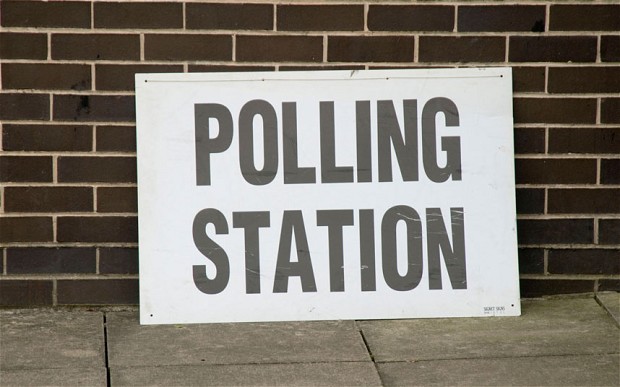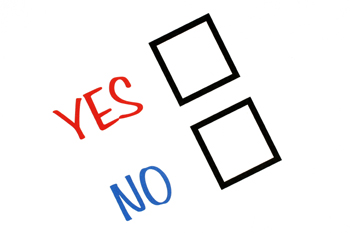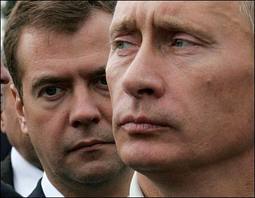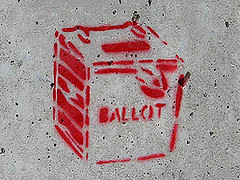In the Orbit of Democracy: Satellite Parties in South Korea’s 2020 Parliamentary Election
The South Korean legislative election on 15 April 2020 received high attention in international news as the first national election held under the constraints of the COVID-19 pandemic. Still, voter turnout, at 66.2 per cent, was the highest in 28 years and a North Korean defector, for the first time, was elected to the unicameral National Assembly (Gukhoe). The election, which resulted in a landslide victory for the incumbent government’s party, was the first under a new electoral reform that introduced compensation seats within the proportional representation (PR) tier of the mixed electoral system. In response, both major parties set up satellite organisations that only competed for PR seats. Thereby, the major parties consolidated their hegemony in the National Assembly …

Democracy in Britain: Decline, reform, and a place called Bettws
Political pundits in Britain often frame competition in elections as a fight for ‘middle England’. Each election, they invent names such as ‘Essex man’ or ‘Worcester woman’ to describe archetypal voters representative of marginal constituencies necessary to win a parliamentary majority. Bettws ward in Gwent, Wales, may not be the typical bellwether for the nation’s politics, but its significance rose with the first ever election of Police and Crime Commissioners (PCCs) across England and Wales.

The referendum is not an instrument of democracy
On Monday David Cameron and Alex Salmond signed an agreement allowing the Scottish government to hold a referendum on independence. The Scotland independence referendum will be the latest in an ever growing list of referendums held in the UK that began in earnest with the Blair government.

Russia: Gubernatorial Elections to be Re-Introduced, Party Registration Requirements Lowered
Following the safe re-election of Vladimir Putin to the Russian presidency on March 4th, the Russian government looks set to complete yet another round of institutional tinkering. Gubernatorial elections, abolished in 2004 following the Beslan Crisis, are set to be re-introduced. Governors will be elected for five year terms, serving a maximum of two terms. A second reading of the Bill will take place in the near future, and the final shape of the legislation is still uncertain. There is disagreement between the political parties in the Duma about how the ‘presidential filter’ (consultations between political parties and the President over who can be a candidate) will work. Meanwhile, the Federation Council has passed legislation aimed at making it easier …

One Vote, One Value: More complicated than it sounds
The People’s Charter of 1848 contained six demands, then considered dangerously radical by both Whig and Tory governments. One of the six was: EQUAL CONSTITUENCIES, securing the same amount of representation for the same number of electors, instead of allowing small constituencies to swamp the votes of larger ones. The Chartists might have been surprised to find that it was a Conservative-dominated government which first tried to enact equal representation, in the Parliamentary Voting System and Constituencies Bill 2010 (PVSCB in civil servantese). As I write, the controversial bill has passed the Commons, and is being considered by Their (unelected) Lordships, who have no scruples about amending bills on how to elect another house. Oh well, that’s politics. Some political …









